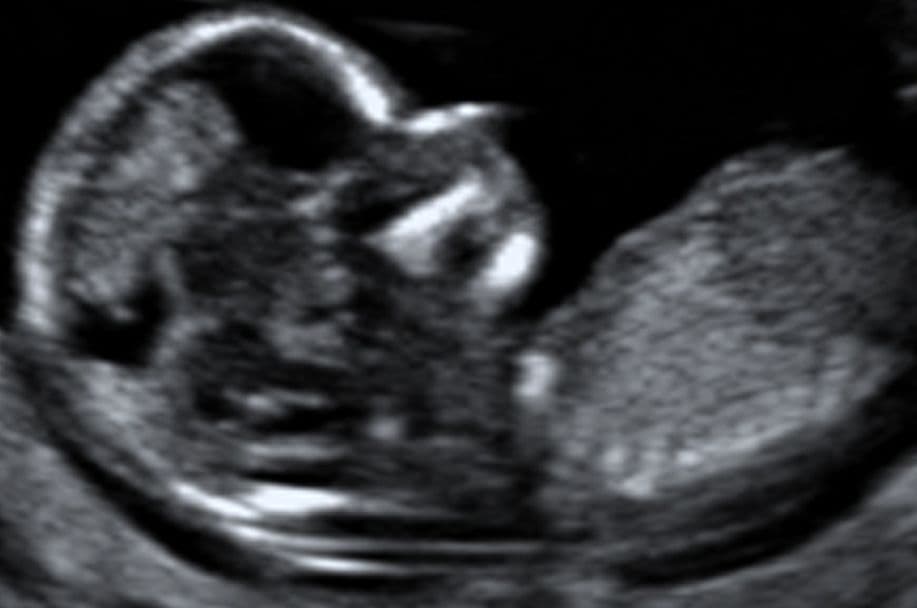First Trimester Tests: Nuchal Screening and Blood Test
Prenatal Testing
Obie Editorial Team

Conducted between 10 and 13 weeks of pregnancy, the nuchal translucency screening is designed to assess the risk of Down syndrome (trisomy 21) and other chromosomal abnormalities, as well as to identify potential physical defects in the heart, abdominal wall, and skeleton. Beyond 13 weeks and 6 days, the test is no longer viable.
- The blood test evaluates the levels of two substances: Pregnancy-Associated Plasma Protein-A (PAPP-A) and Human Chorionic Gonadotropin (HCG).
- The transvaginal ultrasound component, known as nuchal translucency (NT) screening, measures the thickness of the space at the back of the fetus’s neck.
Diving into the Blood Test
This blood screening measures pregnancy-specific substances in the mother’s blood: PAPP-A and HCG. These results are evaluated alongside the ultrasound findings and the mother’s age to establish a risk profile for chromosomal conditions, including Trisomy 21, 18, and 13.
Factors that may increase the risk for chromosomal abnormalities include:
- Increased nuchal translucency measurement
- Low levels of PAPP-A
- Elevated HCG levels
Insights from the Nuchal Screening
Nuchal screening provides a risk assessment rather than a definitive diagnosis of chromosomal abnormalities. Impressively, it can detect up to 90% of Down syndrome cases in participants. The test's effectiveness improves when combined with other first-trimester screenings like the specific blood tests mentioned above.
Approximately 5% of tests may incorrectly indicate a high risk of Down syndrome or another chromosomal disorder. This phenomenon is known as a false positive.
Next Steps After a Positive Result
Should the screening indicate an elevated risk, further testing is advised to assess the presence and severity of any chromosomal disorders. Options include amniocentesis or chorionic villus sampling, which provide more conclusive insights.
Prenatal testing allows for informed preparation and peace of mind, giving parents and healthcare providers the information needed to handle any special health needs that might arise. Remember, participation in these tests is completely optional, and women should feel empowered to make decisions that best align with their values and preferences.
Read More













